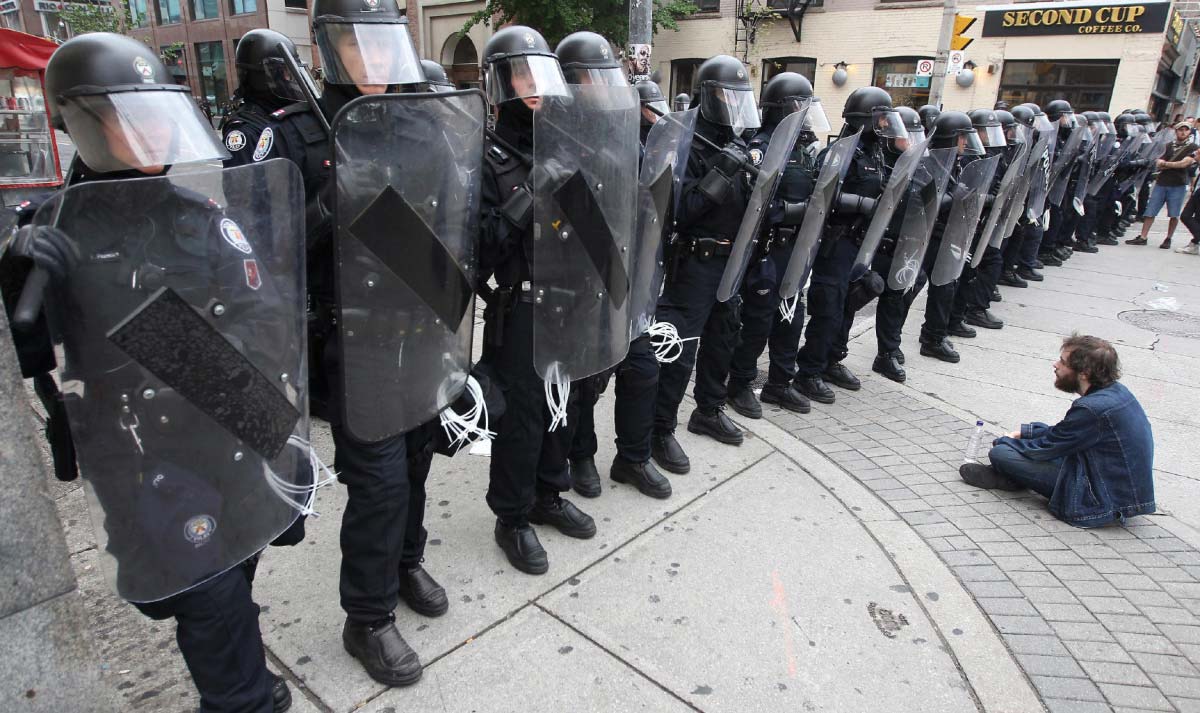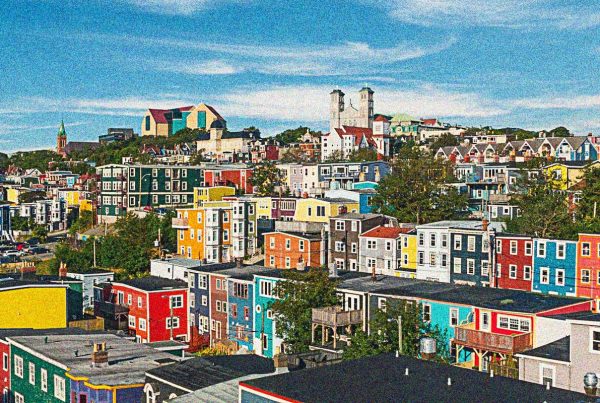Bill 1: Suppressing Constitutional Freedoms in the name of Commercial & Property Rights
In this moment, when some of Canada’s most marginalized have exercised their right to free expression and peaceful assembly to give voice to those suffering as a consequence of systemic injustices, should such pleas be silenced in the name of property interests? Do Canadians need another hand muzzling their mouths, especially at this time, when their ability to freely move about and organize is under daily threat?
Well, Alberta certainly thinks so.
The recent passage of Bill 1 into law by the Alberta Government is a troubling development for all people who seek to protect civil liberties, particularly the right to free expression and peaceful assembly. Indeed, it is not only about protesting, it is about the ability of all persons, particularly those from marginalized communities, to have their voices heard by government and corporations alike.
To truly understand Bill 1, we must remember that it was borne out of a knee-jerk reaction to the Wet’suwet’en protests earlier this year. Regardless of whether you agree with the method used by the protestors, there is little doubt that the message underlying their demonstrations had political meaning, as they sought purposeful participation in social and political decision-making. These values have been recognized by the Supreme Court of Canada as lying at the very core of free expression.
Bill 1 seeks to punish individuals and groups who “willfully enter any essential infrastructure,” which may include anything from a farm to a roadway. The punishment for such activity can range from a hefty fine of up to $200,000 to 6 months imprisonment. A person can be in violation of the law without even knowing it, since entering unmarked property is an offence. Such a development is a significant change from traditional trespass laws which require some type of written or verbal notice. Further, the existence of laws that already address what some might consider ‘unlawful protests,’ renders Bill 1 unnecessary, and excessive and heavy-handed.
The broad discretion over what can be categorized as ‘essential infrastructure’ offers government and corporations significant power to crush the right of an individual or group to peacefully organize and protest. Yet, we are reassured that this is all done in the name of protecting property and the economy.
Within this context, it is fundamental to remember that expression, peaceful assembly, association and liberty, are all rights and freedoms guaranteed by the Canadian Charter of Rights and Freedoms. However, property and commercial rights are noticeably absent in this document. Although this may come as a surprise to some, there is no independent, constitutional right to property. Yet, in the estimation of the Alberta Government, these non-constitutional ‘rights’ are so paramount that fundamental freedoms essential to human dignity and self-worth must bow down to them. As such, the CCLA opposes Alberta’s Bill 1 as an unjustified violation of Canadians fundamental freedoms.
The right of an individual to full and open expression has been recognized as crucially important in a free and democratic society by the Supreme Court of Canada. So too has the freedom to associate and peacefully assemble. Bill 1 seeks to penalize individuals and groups for merely taking part in a peaceful protest, even if it has no impact on the operation of the ‘essential infrastructure.’ Such an overt and grave violation of Canadian’s fundamental constitutional rights is objectionable. Thus, it comes as little surprise that the Alberta Union of Provincial Employees has recently launched a constitutional challenge to the Bill on the grounds that it attacks their freedom to participate in peaceful protests.
So, make no mistake, although your voice may be heard freely bellowing through the streets without consequence, make a bit too much noise—or do it in the “wrong” place—and you may find yourself collateral damage in the name of commercial and property interests.
For a further discussion and legal analysis on Alberta’s Bill 1 please visit: https://ablawg.ca/2020/06/09/protests-matter-a-charter-critique-of-albertas-bill-1/us.
Samuel Mazzuca, CCLA Law Student Volunteer
About the Canadian Civil Liberties Association
The CCLA is an independent, non-profit organization with supporters from across the country. Founded in 1964, the CCLA is a national human rights organization committed to defending the rights, dignity, safety, and freedoms of all people in Canada.
For the Media
For further comments, please contact us at media@ccla.org.




